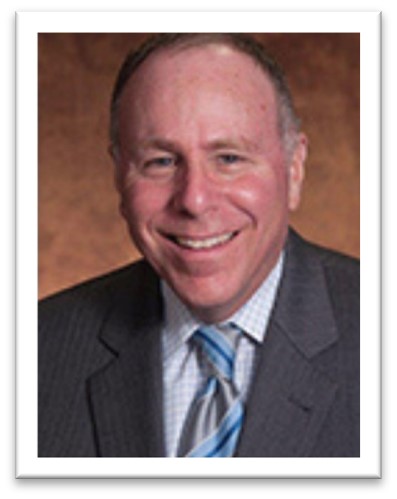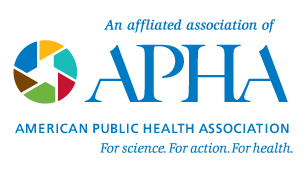Plenary PanelThe Old Epidemics Never Go Away: The Horrid Truth and Hopeful Future About Unintentional Child InjuryTuesday, October 8, 3:15 - 4:30pmUnintentional injury remains the leading cause of death for children and youth in the U.S. While we have made some progress in decreasing injury death through education, policy change and innovation in engineering, injury mortality rates have, at best, plateaued over the last 2 decades (e.g. SUID, motor vehicle and drowning deaths). Furthermore, guns have become the single leading cause of death of children in this country. Child injury prevention has long received little attention, support and resource allocation, especially in light of the burden it represents. This session will lay out the case for a systematic approach to addressing unintentional injury, beginning with a discussion of the current state, including epidemiology and demographics to lay out the issue. It will then describe what we know works, and give examples of promising initiatives and programs, at the local state and federal level, with a focus on child death review. The session will conclude with a question and answer session with the panel. Panel Presenters
Benjamin Hoffman, MD, FAAP, CPST-IDr. Ben Hoffman is a semi-native of New Mexico. He majored in Anthropology at the University of California at Berkeley and attended Harvard Medical School. He completed residency training, and a year as Chief Resident, at Seattle Children’s Hospital. Following training, he and his wife, Jane, also a pediatrician, spent 4 years on the Navajo Nation with the Indian Health Service, where he worked with the community to develop a child passenger safety program. Ben is a nationally recognized expert in child passenger safety, and leader in the field of community health and advocacy training for pediatric residents. He is a Professor of Pediatrics at Doernbecher Children’s Hospital and Oregon Health and Science University. There, he is the Vice-Chair for Community Health and Advocacy, Director of the Oregon Center for Children and Youth with Special Health Care Needs, and Medical Director of the Tom Sargent Safety Center. He is currently the President of the American Academy of Pediatrics.
Richard HambergRichard Hamburg is the Executive Director for Safe States Alliance, a national non-profit professional membership organization with a mission to strengthen the practice of injury and violence prevention. Rich has served in this capacity since 2018 and is responsible for providing direction and leadership to advance the mission, strategic plan, and annual operating plans. He oversees and serves as an advocate for the field of injury and violence prevention professionals’ interests with federal agencies and other partners and stakeholders. He currently serves in a variety of national leadership positions, including serving as the chair of the ASTHO Affiliate Council and as a member of the US Community Preventive Services Task Force. Rich previously he served as Executive Vice President and Chief Operating Officer at Trust for America’s Health (TFAH) where he oversaw public policy initiatives, advocacy campaigns, and internal operations. Prior to TFAH, he served as the American Heart Association’s national Director of Government Relations. A native New Yorker, Rich is a graduate of the State University of New York at Albany, from which he received a Bachelor of Arts in Political Science and a Master of Public Administration.
Dagan Wright, PhD, MSPHDagan Wright (he,him) is a long term resident of Oregon with strong family ties in Oregon along with farming. He serves within the Injury and Violence Prevention Program as Senior Epidemiologist/Informaticist with the Oregon Public Health Division within the Oregon Health Authority. Dagan has also served over a decade as Assistant Professor at the OHSU/PSU School of Public Health and research at the Portland Veterans Administration Hospital (focus on veteran injury) as well as co-authored and reviewed numerous peer reviewed publications. Recently with co-authors across the country, Dagan was primary author for the first of it’s kind CSTE position statement regarding a standardized case definition for firearm related injuries using multiple data sources. Dagan provides subject matter expertise, teaching and been a peer mentor over the years in injury epidemiology, data science, health promotion/education, behavioral health, public health informatics and data equity/justice. Dagan has participated over recent years with the Council of State and Territorial Epidemiologists (CSTE) Injury Surveillance Workgroup (recently now serving as co-chair on the workgroup), SAVIR, the Oregon Public Health Association, and Harborview Injury Prevention and Research Center. Outside of work, he enjoys time with his partner, family, friends, dogs and community. Dagan actively serves on local community organizations and actively pursues a variety of outside recreation activities along with reading, podcasts, cooking, and writing; always curious and wanting to learn as well as share. |




